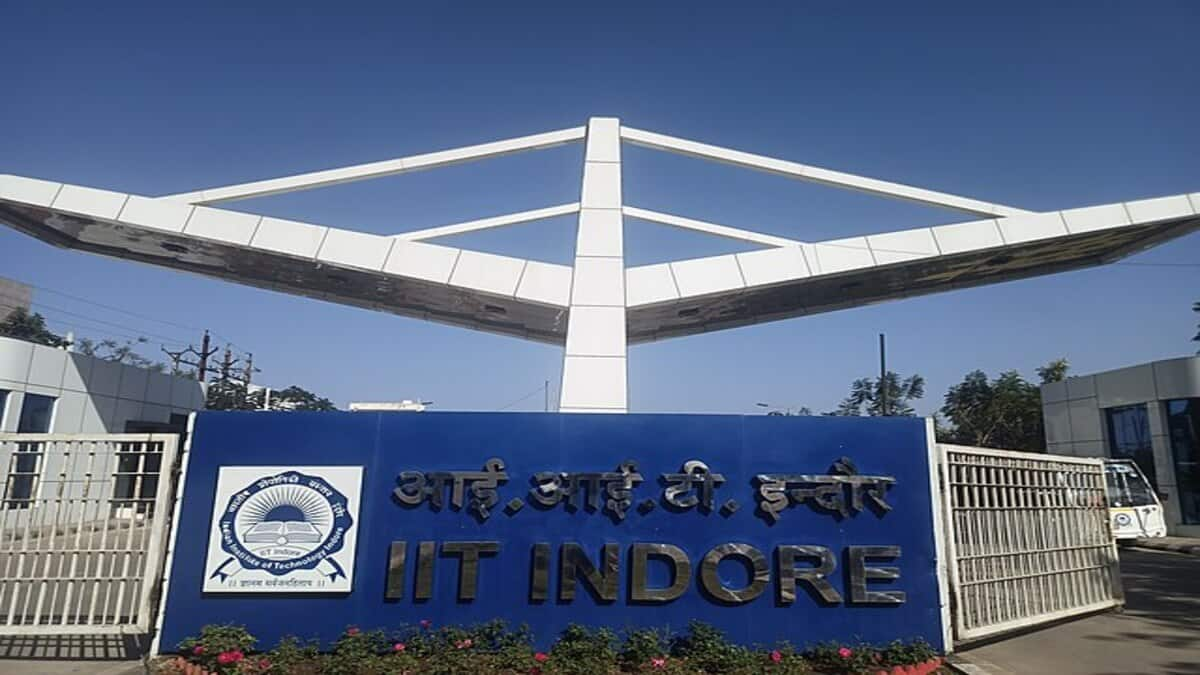IIT Indore develops cost-effective water purification system for rural areas
Press Trust of India | January 6, 2025 | 08:04 PM IST | 1 min read
IIT Indore has made significant progress in desalinating saline water using ISSG technology that combines solar energy with advanced photothermal materials to efficiently and economically purify water.

INDORE: The Indian Institute of Technology (IIT) Indore has developed a cost-effective water-purification system based on solar energy, especially for people living in remote places and coastal areas, an official said on Monday.
A team led by professor Rupesh Devan at IIT Indore has made significant progress in desalinating saline water using ISSG technology that combines solar energy with advanced photothermal materials to efficiently and economically purify water, the official said.
He said the researchers have developed specialised inks using metal oxide and carbide materials to overcome challenges like hydrophobicity in conventional carbon-based photothermal materials. These inks absorb solar radiation and convert it into heat, producing steam directly from saltwater at the air-water interface without external energy sources, the official said.
IIT Indore director Prof Suhas Joshi said, "Unlike traditional desalination processes such as reverse osmosis that are energy-intensive and infrastructure-heavy, ISSG is a simpler and low-energy alternative." He said when exposed to sunlight, the photothermal material rapidly heats up, causing the water to evaporate, leaving salts and contaminants behind. The resulting steam is condensed into purified water, making the process efficient and environmentally friendly.
Also read IIT Guwahati develops technique to detect cholesterol, triglycerides using advanced nanotechnology
Talking about the system, Prof Devan said, "Our goal was to develop a scalable and cost-effective water purification method. Using metal oxide-based inks, we achieved high evaporation rates, essential for practical applications."
He said, "The technology is particularly suitable for remote and coastal areas where seawater is abundant and conventional energy resources are scarce. We are refining the inks for broader use, including integrating them into ISSG-based desalination systems for deployment in real-world scenarios."
Follow us for the latest education news on colleges and universities, admission, courses, exams, research, education policies, study abroad and more..
To get in touch, write to us at news@careers360.com.